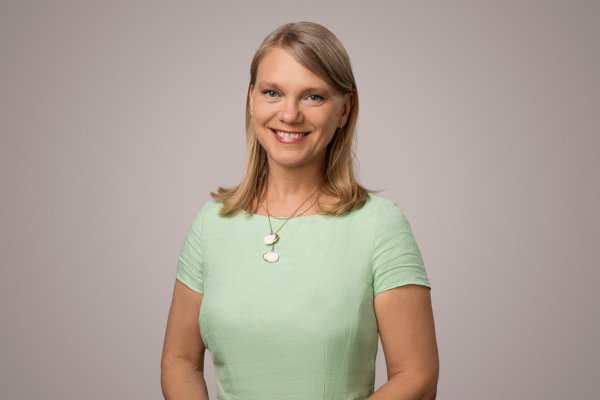
Dr. Agnė Čivilytė, senior researcher at the Lithuanian Institute of History, has been elected to the scientific committee of the German (and European) Bronze Age Research Group (AG Bronzezeit). The Lithuanian candidate for the scientific committee was nominated during a conference of the German Archaeological Association (Deutscher Verband für Archäologie e.V.) and received the majority of votes.
The Lithuanian candidate for membership of the scientific committee was presented at a conference of the German Archaeological Association (Deutscher Verband für Archäologie e.V.) and received the approval of the majority of members.
For more than five decades, the Bronze Age Research Group has been an integral part of the German Archaeological Association's research group, bringing together archaeology from Germany and other regions. The research group meets every year at international conferences organized in different cities.
"I am delighted to have become part of this prestigious international scientific committee. This is a recognition of my professional maturity and the Lithuanian Institute of History," says researcher A. Čivilytė.
Dr. A. Čivilytė defended her dissertation "The Deposition of Bronze Age Weapons in Northern Central Europe: An Interpretative Study"/"Wahl der Waffen: Studien zur Deutung der bronzezeitlichen Waffendeponierung im Nördlichen Mitteleuropa" at Heidelberg University in 2003. Since 2004, she has been working at the Archaeology Department of the Lithuanian Institute of History.
The researcher actively participates in international conferences and congresses, organizes scientific events, and is a member of the European Association of Archaeologists (EAA) and the Society for American Archaeology (SAA). For six years, she was the editor-in-chief of Lietuvos archeologija, Lithuania's first professional archaeological journal.
The main areas of A. Čivilytė's research is: Bronze Age studies, archaeometallurgy, social archaeology, communication in prehistoric communities, environmental studies, sustainability, material processing, and the history of archaeology.
